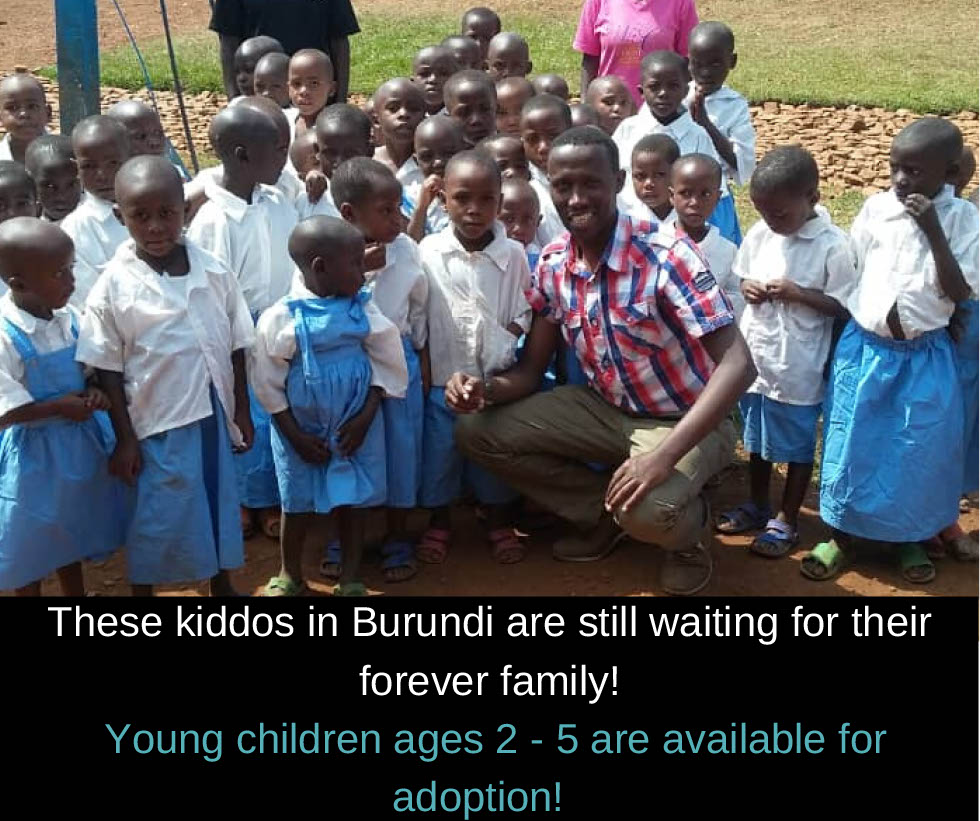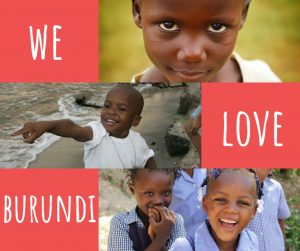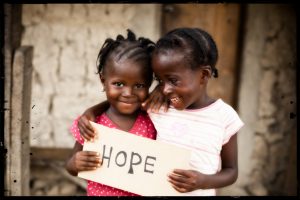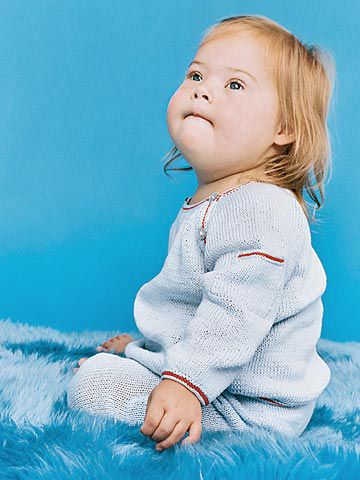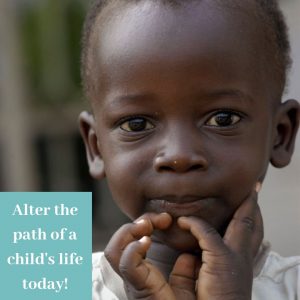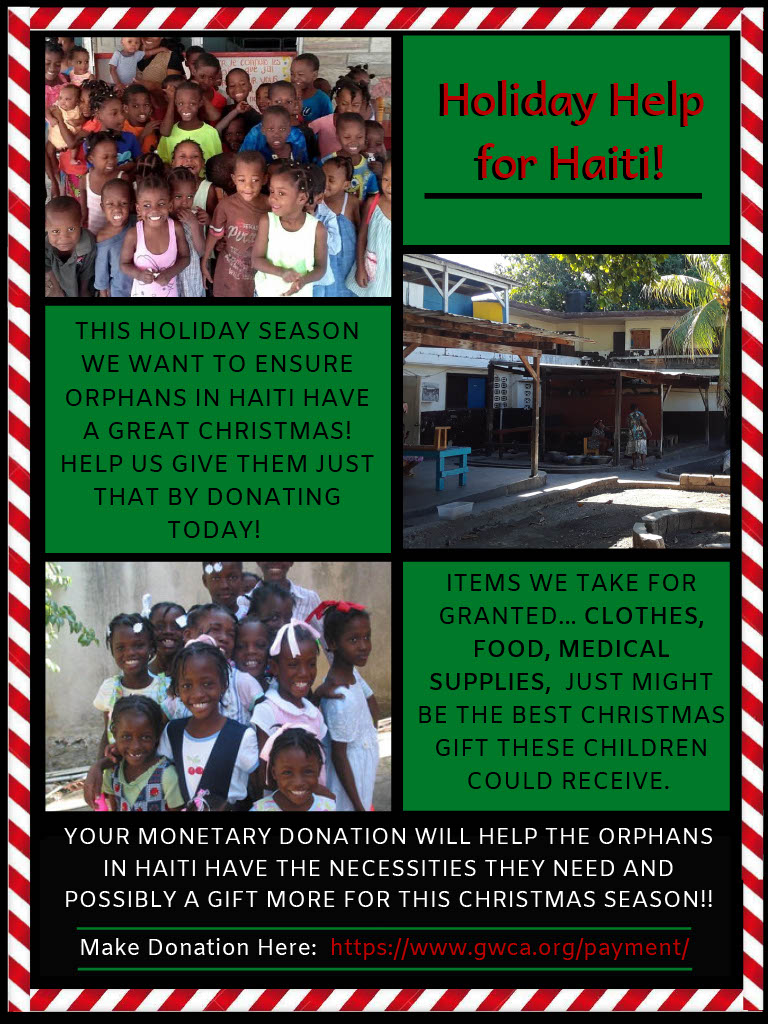
Holiday Help For Haiti
We need you to help us, so we can help Haiti! Please donate and help the creche directors of Haiti get the supplies the orphans need! Donate at https://www.gwca.org/payment/.
Read More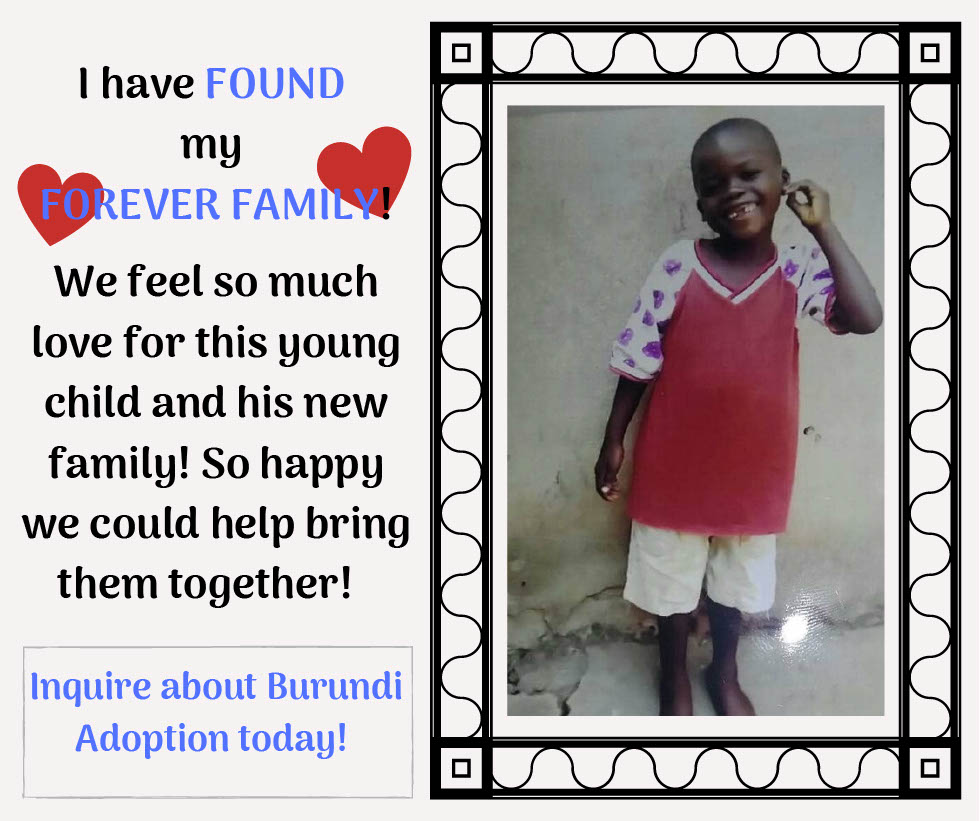
Child Matched!
We are so excited that a child in Burundi has been matched with his forever family!
Read More
Latvia Child is Home for Good!
We had one of our families return home with their child! So happy for this family!
Read More
Burundi Referrals!
IT’S TIME TO
We are so excited to announce that three of our families received referrals from Burundi! Five kids in total between the ages of 3-11. Soon these children will be joined by their new families and experience family life for the first time.
If you would like more information about Burundi adoption visit https://childrenofallnations.com/adoption-programs/africa/burundi-adoption/.
One of our families also shared with us their adoption journey after referral and meeting with son for the first time. Come check it out via: https://www.almostproperly.com/new-addition-to-the-family/.
CONTACT INFORMATION:
Email: info@childrenofallnations.com
Phone: 512-323-9595
Read More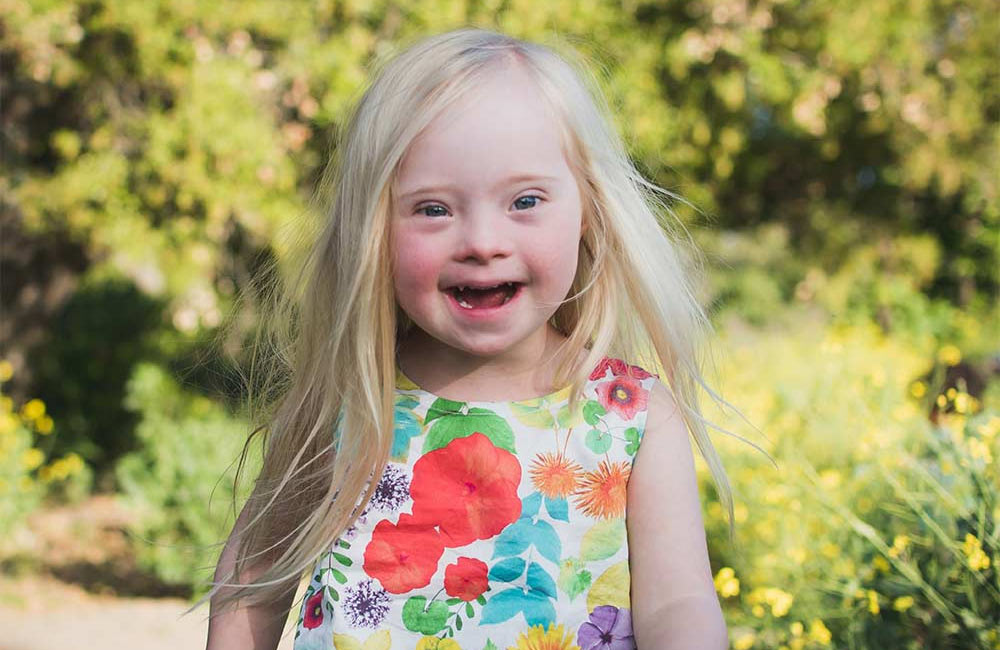
HOW TO RAISE A CHILD WITH DOWN SYNDROME: ADVICE AND RESOURCES
If your child is diagnosed with Down syndrome, what are your next steps? A mother of a child with Down syndrome shares her recommendations.
Down syndrome occurs in one of 691 births, or 6,000 births per year in the U.S., as a result of the presence of an extra chromosome 21 at conception. Although individuals with Down syndrome tend to experience some health problems throughout their lives, recent medical advances have increased their life expectancy. Moreover, parents of children with Down syndrome have access to therapeutic and educational supports through early intervention and the public school system. A recent study published in the American Journal of Medical Genetics demonstrates the positive impact of Down syndrome on families; it found that 79 percent of parents report that their outlook on life was more positive because of their child, 94 percent of siblings report feelings of pride about their sibling with Down syndrome, and 99 percent of people with Down syndrome feel happy with their lives.
Gerald Mahoney, Ph.D., who developed a research-based strategy called Responsive Teaching for improving cognition, behavior, and communication in children with special needs, says: “Parents are far more influential on their children’s development than teachers and therapists are. Early developmental learning for all children can occur in the context of any interaction or activity the child is participating in throughout their day. And parents, especially in the first five years, have much more opportunity to interact with their children than do teachers in classrooms or related service specialists.” In other words, our role as parents makes a big difference in our children’s development.
When our older daughter, Penny, was diagnosed with Down syndrome at birth, it felt daunting to consider the medical, social, educational, and behavioral challenges ahead. I had no idea how much support and encouragement we would receive from family, friends, and the larger community of other parents with kids with Down syndrome, as well as from dedicated and caring therapists, teachers, and medical professionals. Although we have many years to come, and many lessons to learn as we parent Penny and our other children, here are a few pieces of advice. Children with Down syndrome can bring a lot of happiness to a family. Living with the motto ‘She can do anything you can do,’ one dad of four describes how his youngest enriches their everyday life.
Learn The Facts First
There’s a lot of misinformation about Down syndrome, and for women who have received a prenatal diagnosis and for women who have just given birth and received a diagnosis for their child, accurate and up-to-date information is critical in making decisions and maintaining a realistic and positive attitude for the future. According to Stephanie Meredith, writer of Understanding a Down Syndrome Diagnosis, a booklet that offers current information for medical professionals to deliver a diagnosis, “Most of the misinformation that exists is simply outdated information before early intervention, inclusion, and progressive healthcare were the norm. Since society has begun investing in children with Down syndrome, life expectancy has doubled to about 60, and people with Down syndrome are increasingly completing high school, attending special college programs, and living independently.”
The National Down Syndrome Society provides checklists for doctors’ visits and other resources for medical intervention and support. But learning the facts about Down syndrome also involves understanding the social and emotional reality that most people with Down syndrome enjoy their lives, and that most families raising children with Down syndrome report positive benefits from their child’s presence. Siblings report greater compassion toward others, and parents report a lower divorce rate than the norm.
When understood from both a medical and social perspective, Down syndrome is no longer a negative diagnosis.
Resources:
- Down Syndrome Pregnancy: Diagnosis Information
- Woodbine House: Books on Down Syndrome Topics
- Band of Angels: Hopeful Stories and Photographs
- National Down Syndrome Society: Healthcare Guidelines
Get In Touch With Other Parents
One of the advantages of a Down syndrome diagnosis, in contrast to rare or undiagnosed conditions and syndromes, is that it is easy to connect with other parents who are raising kids with Down syndrome. Two major national organizations — the National Down Syndrome Society (www.ndss.org) and the National Down Syndrome Congress (ndsccenter.org) — provide support to parents through information and conferences. Inspirational stories are also available in the online book My Great Story (www.ndss.org/stories). The NDSS advocates on behalf of people with Down syndrome in Congress in order to secure funding for research and social programs that will provide support in school, at home, and in the workplace.
Many local communities have support groups for families. You can find a local group through the affiliates page on the NDSS website or by contacting a social worker in your area. In general, the Internet offers support to parents of children with Down syndrome and with other disabilities. Search “Down syndrome” on Facebook to find groups and connect with others or search for reputable blogs and websites to read personal stories and get advice.
Resources:
- National Down Syndrome Congress
- Blog: Holland Bloorview Kids Rehabilitation Hospital
- Blog: Support for Special Needs
- Blog: Hopeful Parents
- National Down Syndrome Society: Affiliates
Organize Relevant Information
A child with Down syndrome is just like any other child, needing doctors’ appointments, back-to-school clothes, and rides to birthday parties. Children with Down syndrome, though, have regular visits to medical specialists as well, and their parents meet regularly not only with classroom teachers (or case managers for younger children) but also with therapists, special educators, and other professionals. Developing a system to keep relevant information on hand provides a historical perspective for you and for the doctors and teachers involved, and enables others to care for your child in your absence.
Start keeping track of your child’s chronic health, treatments, and education records. Both the Children’s Hospital of Philadelphia and the Seattle Children’s Hospital offer guides to assembling Care Notebooks, 3-ring binders that include medical and educational information about your child. Their websites offer sample pages for these notebooks and a system to keep track of everything through the years.
Resources:
- The Children’s Hospital of Philadelphia: Quick Guide to a Care Binder
- The Center for Children with Special Needs: Care Notebook
Find Good Doctors, Therapists, And Specialists
Children with Down syndrome have a different set of guidelines for routine tests, and a different set of growth charts. They benefit from regular appointments with specialists and therapists along with visits to a local pediatrician who can perform routine physicals and treat common illnesses.
Mary Pipan, M.D., Clinical Director of The Trisomy 21 Program at the Children’s Hospital of Philadelphia, explains the difference it can make to have at least one visit with a developmental pediatrician who specializes in Down syndrome. “A pediatrician who sees many children with Down syndrome has the knowledge to evaluate what areas are important to cover specifically, and how various diagnoses are best evaluated and treated. General pediatricians do not usually have the time to be as thorough as needed, and most pediatricians have only a handful of patients in their practice with Down syndrome, so they don’t have the breadth of experience acquired in a dedicated Trisomy 21 program.”
The National Down Syndrome Society provides a link to the most up-to-date health care guidelines. In addition, many major children’s hospitals have clinics devoted specifically to caring for children with Down syndrome.
Resource:
Put Together Your Village
One of the joys of raising children comes from sharing their accomplishments with others. Many friends and family members would love to offer support, encouragement, and delight when your child learns new things.
According to Sue Levine, who conducted a six-year study of individuals with Down syndrome and their parents and siblings, published in American Journal of Medical Genetics, “Having a family member with Down syndrome tends to be an eye-opening and enriching experience. Brothers and sisters told us that they have more patience and acceptance because of their sibling. They treasure the small things in life, having learned important lessons in compassion and responsibility. The majority of parents shared with us that their outlook on life is more positive because of their child with Down syndrome. They affirmed that true success in life is not measured by accomplishments or possessions, but by love and small victories. While there are certainly struggles, as there are with parenting any child, the joys tend to far outweigh the difficulties.”
The benefits of knowing a person with Down syndrome can extend beyond the immediate family and into the community. If you and your family have already been involved in a faith community, stay involved. You may have to work with your local church, synagogue, mosque, or other place of worship to create structures and practices that allow your child to be included. The Elizabeth M. Boggs Center on Developmental Disabilities at Robert Wood Johnson Medical School offers a list of resources for congregations and leaders of many different faith communities so that families with children who have disabilities can remain active members.
Resource:
Remember Your Child Is A Child First
As soon as Penny was born, I stumbled as I tried to describe her. It seemed somewhat inaccurate to call her my “Down syndrome baby” and yet I didn’t have another way to talk about her. I soon discovered “people-first” language, a way of using language to reflect the reality that children with Down syndrome are children first. I learned to refer to Penny as a “baby with Down syndrome” to emphasize her common humanity. This linguistic shift helped me to stop seeing her as a diagnosis and instead to perceive her as a child with particular needs.
Participate in whatever activities you both enjoy. For infants and toddlers, this might include playdates with other friends, joining a local music class or story hour, or just going to the grocery store together. As your child gets older, look for activities designed for children with special needs, often called “adaptive” programs. The Special Olympics runs a Young Athletes program for children ages 2? to 7, provides developmentally appropriate support for your child, and offers an array of informational and educational workshops for parents.
Resource:
Prioritize Communication
Low muscle tone and an array of other factors that often contribute to delayed speech and difficulty with articulation can affect kids with Down syndrome. Thankfully, speech therapists offer strategies to strengthen your child’s muscles and improve communication. The same muscles are used in both eating and speaking; feeding therapy, a precursor to speech therapy, often begins within the first year of your child’s life.
Many children with Down syndrome want to communicate, and will be able to communicate, months or years before their mouths will produce intelligible words. According to Brian Skotko, M.D. (www.brianskotko.com), a specialist in the Down syndrome Program at Children’s Hospital Boston, “Children with Down syndrome have a lot to say and they deserve to be heard and to be listened to, but while we are waiting for the language to set in it is imperative that we give them ways to communicate their wishes and desires. Sign language is one form, and many use picture communication symbols as they get older and other augmentative devices as they become whizzes at technology.” These various forms of communication “decrease frustration and behavioral problems while increasing relationships and friendships in those formative years.”
For infants and toddlers, baby sign language books, websites, and videos exist to introduce both parents and children to simple sign language. The book Early Communication Skills for Children with Down Syndrome, by Libby Kumin, Ph.D., offers further advice and resources for augmentative communication devices.
Resources:
- Baby Sign Language: Activity and Language Resources
- SigningTime.com: Preview and Purchase Sign Language Videos
Focus On Your Child’s Strengths
Although your child will face physical and developmental challenges, he or she will have a distinct personality and distinct strengths. It can be tempting to focus upon the things your child can’t do or isn’t interested in, but this type of attention leads to a negative cycle in which both you and your child become frustrated. Another approach for children with special needs is called Responsive Teaching, where parents and caregivers respond to the areas of interest and strength that the child already exhibits, leading to positive emotions and growth on both sides.
Gerald Mahoney, Ph.D., one of the pioneers of the Responsive Teaching approach, explains that when parents are trained to respond well to their child, it leads to increased cognition and communication. Mahoney’s program offers 65 different strategies to help parents learn to be responsive. He lists behaviors such as, “reciprocity, a balanced interaction where parent and child are contributing equally and responding to and effecting behavior of the other person; contingency, where the parent focuses on responding quickly and supportively to behaviors their child initiates; shared control or non-directiveness, when parents are moderately directive with their child, which allows him to be more responsive; parental affect, which focuses on parents’ expressiveness, enjoyment, and acceptance of their child; and interactive match, in which parents focus on doing things with their child that are matched to the current level of developmental functioning and behavioral ability.”
We had the opportunity to hear Dr. Mahoney speak when Penny was only two months old, and we tried to take his advice and focus on her many strengths. Keeping a positive attitude became easier as we realized that there are organizations, doctors, therapists, teachers, other parents, and family and friends who want to support and encourage us every step of the way. Penny is about to reach her sixth birthday, and Down syndrome has largely faded into the background of our family life as we have fallen more and more in love with our daughter.
Copyright © 2012 Meredith Corporation.
Amy Julia Becker blogs at Thin Places (www.patheos.com/blogs/thinplaces). She is the author of “A Good and Perfect Gift: Faith, Expectations, and a Little Girl Named Penny” and she lives with her husband and three children in New Jersey.
All content on this Web site, including medical opinion and any other health-related information, is for informational purposes only and should not be considered to be a specific diagnosis or treatment plan for any individual situation. Use of this site and the information contained herein does not create a doctor-patient relationship. Always seek the direct advice of your own doctor in connection with any questions or issues you may have regarding your own health or the health of others.
By Amy Julia Becker
Read More
Bulgaria Kiddos Added
So many Bulgarian children are still waiting for their forever families. New kids have been added to our photo listing. Check it out.
Read More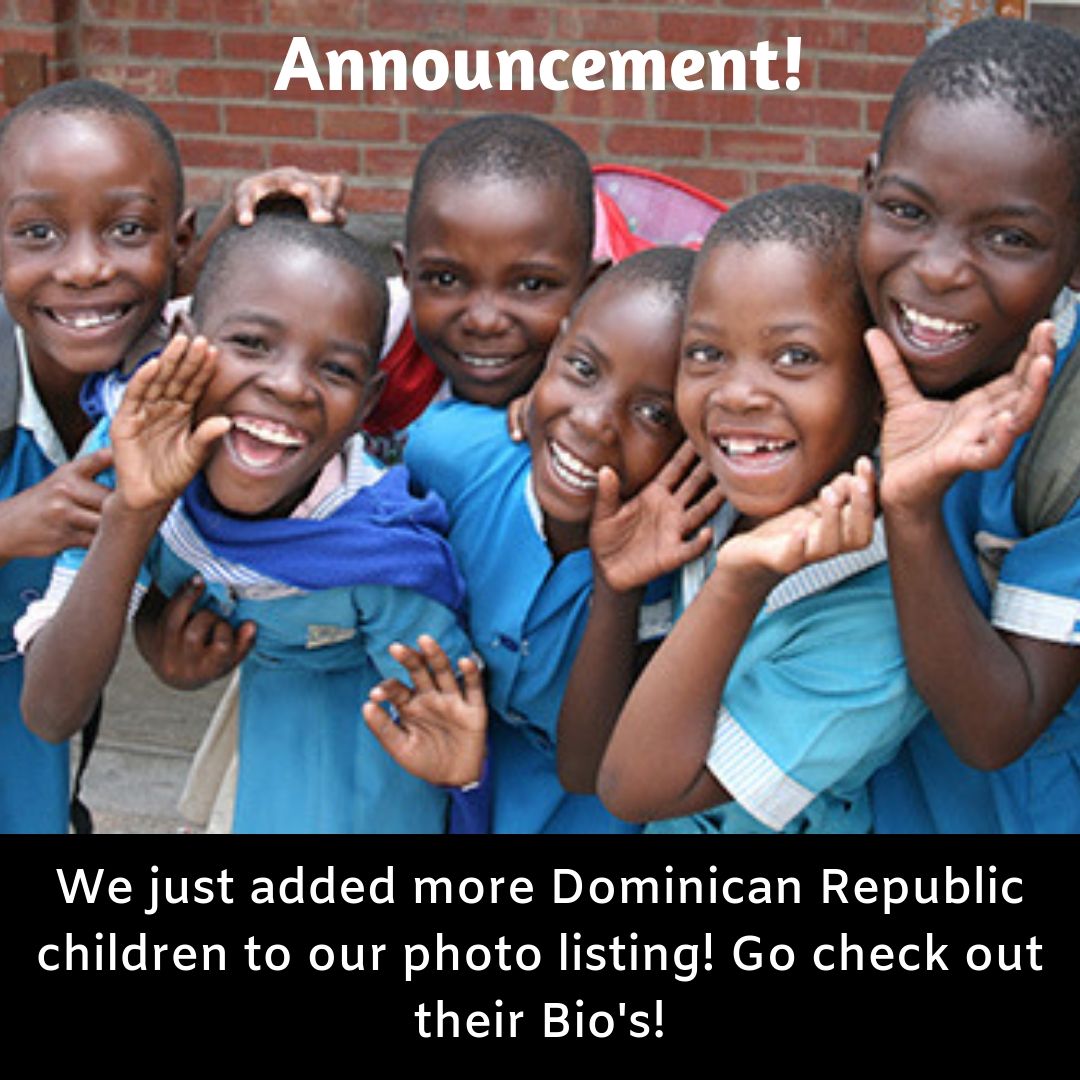
New DR Kids!
We just updated our photo listings and added several sibling groups and children from Dominican Republic. Go check out their bio’s and learn more about these children who are in need of a home! http://childrenofallnations.com/waiting-child/photolisting/.
Read More
2019 Latvia Winter Hosting Program
Our 2019 Winter Hosting Program is open! How would you like to give a child from Latvia the opportunity to spend Christmas in the U.S.? We have photos of the children available on our orphanhosting.com website. Start researching today!
Read More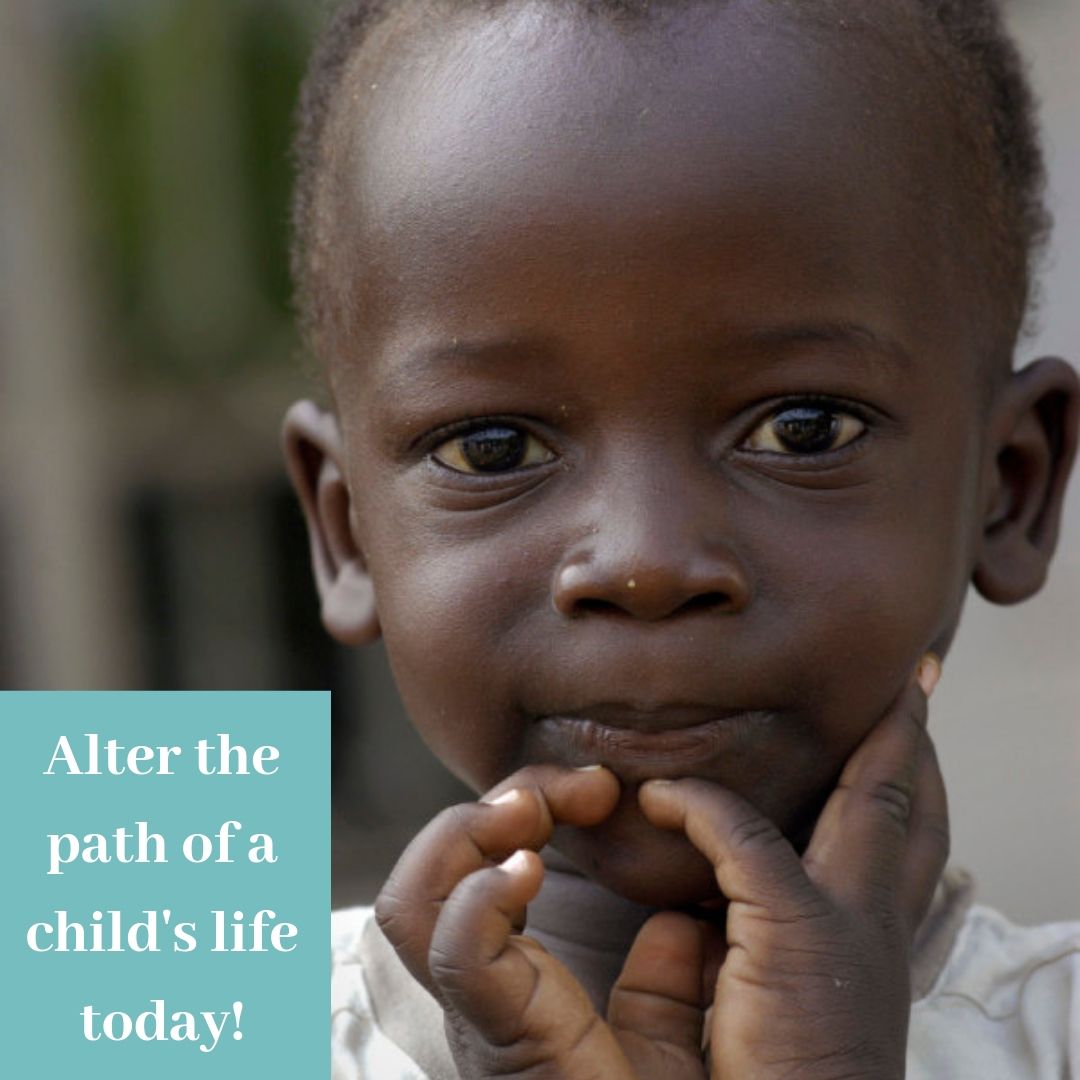
Burundi Adoption
There are so many children in Burundi looking for a family. We need you to help us find these orphans a forever home. Adoption changes not only the life of a child, but the lives of everyone involved. Contact us today at 5123239595. or email at chandler@childrenofallnations.com.
Read More
